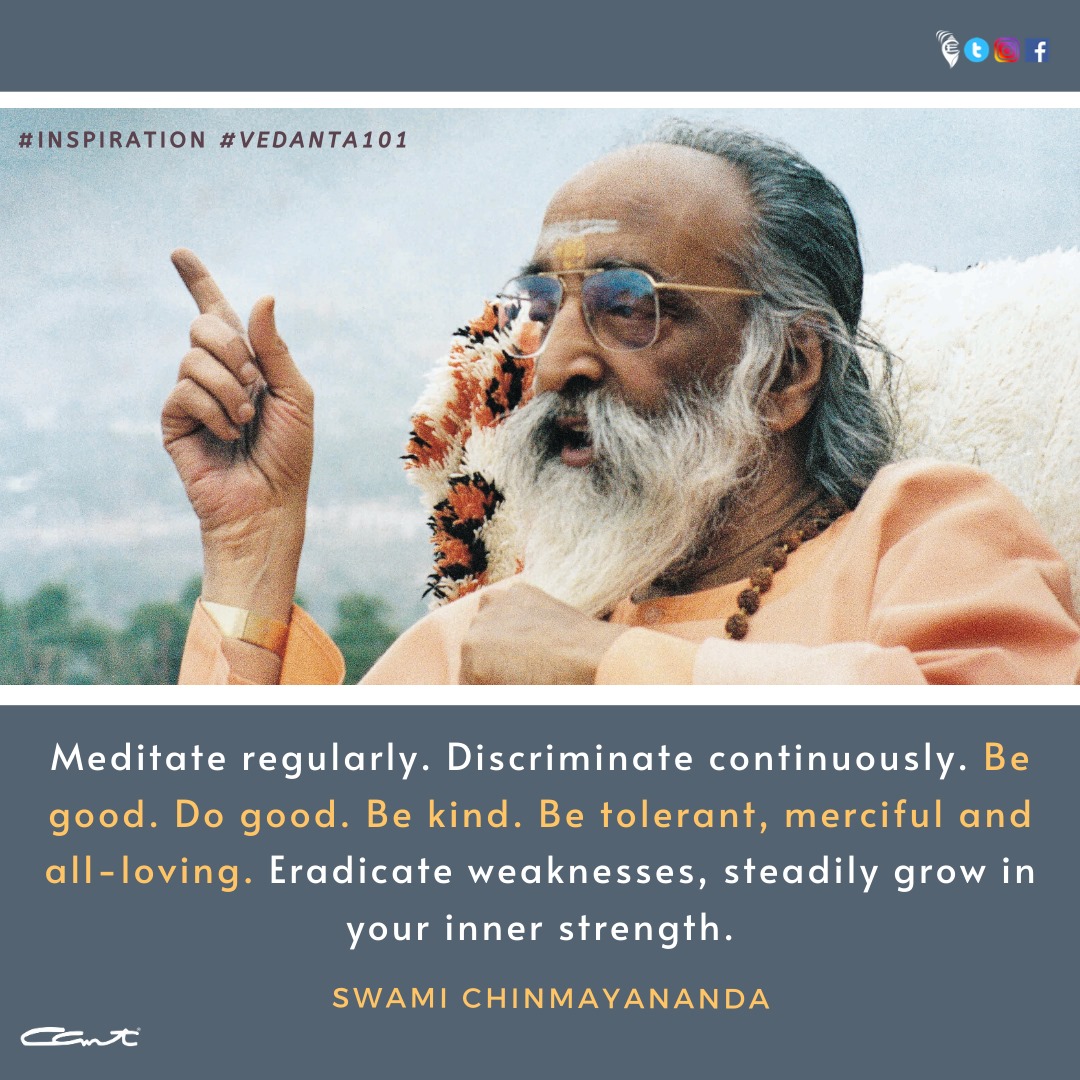#Ancient Culture ( Samskaram ) of Bharatham-3.10 : Swami Krishnananda
======================================
#TALACAUVERY TEMPLE - KARNATAKA
---------------------------------------------------------------
#OPINION : 13/04/2020 : 2126.
#TALACAUVERY TEMPLE - KARNATAKA
---------------------------------------------------------------
#OPINION : 13/04/2020 : 2126.
#Chapter 3: The Vedas – the Foundation of Indian Culture - 10.
----------------------------------------------------------------
1.
*Now, what do these Smritis tell us?
#The way of conduct and behaviour and the maintenance of a general outlook of life is the subject of these Smritis. The aims of existence, the purpose of life, is the first and foremost of issues discussed in the Smritis.
**What for are you existing in this world?
***What are your aims and objects?
****What is it that you are doing from morning to evening every day, and for what purpose?
##You will find that all your aims are capable of being condensed into three or four issues. Number one: you work very hard for material comforts. You want salary, you want money, you want physical security, you want a house, you want clothing, you want food. These are the material needs of a person.
###These material needs are called artha in Sanskrit.
----------------------------------------------------
 |
2.
#You have got a lot of money, you have got a bungalow, you have got nice food to eat, all physical security is there, but nobody recognises your existence at all. Nobody talks to you. You have no friendship with any person.
*"You feel very barren in your emotions."
##It is not enough if you merely eat and have a comfortable physical existence; you also require affection and love from people. If that is removed, your food cannot be digested and your life will be dreary, a waste. You will feel you are living in a desert.
**"Emotional needs also are important."
###Aesthetics, the love of art, architecture, culture, painting and drawing, music and dance, and literature are all avenues of the expression of emotions, feelings.
***"Don’t you think that your feelings are important?"
****"Is it enough if you merely eat good food and have a good house but your feelings are drying up?"
####Emotions have to be also fed in the same way as your stomach has to be fed1. You require affection and love. Perhaps it is a greater requirement than food and shelter, etc. You may starve without food for some days, but you cannot allow affection to be starved. You expect recognition, and it is not given to you. You die by the very thought that you will not be recognised.
#####You will not eat at all for days together because of sorrow: “I am not recognised, I am not promoted, I am not considered, I am a nobody.” The feeling that you are a nobody and you have no affection from anyone will dry up your personality much more quickly than not eating food for days together.
----------------------------------------------------------
3.
Artha is material requirement, and kama is emotional requirement.
Married people generally try to make good the lacuna that one may feel in the absence of affection and love, though love and affection are not limited merely to married life.
It does not mean that if the husband loves the wife, and the wife loves the husband, that is everything.
So, think then what further we need?
To be continued ...
 |
| =============================================== JAI HIND JAI BHARATHAM VANDHE MATHARAM BHARAT MATHA KI JAI. ======================================== |






Comments
Post a Comment